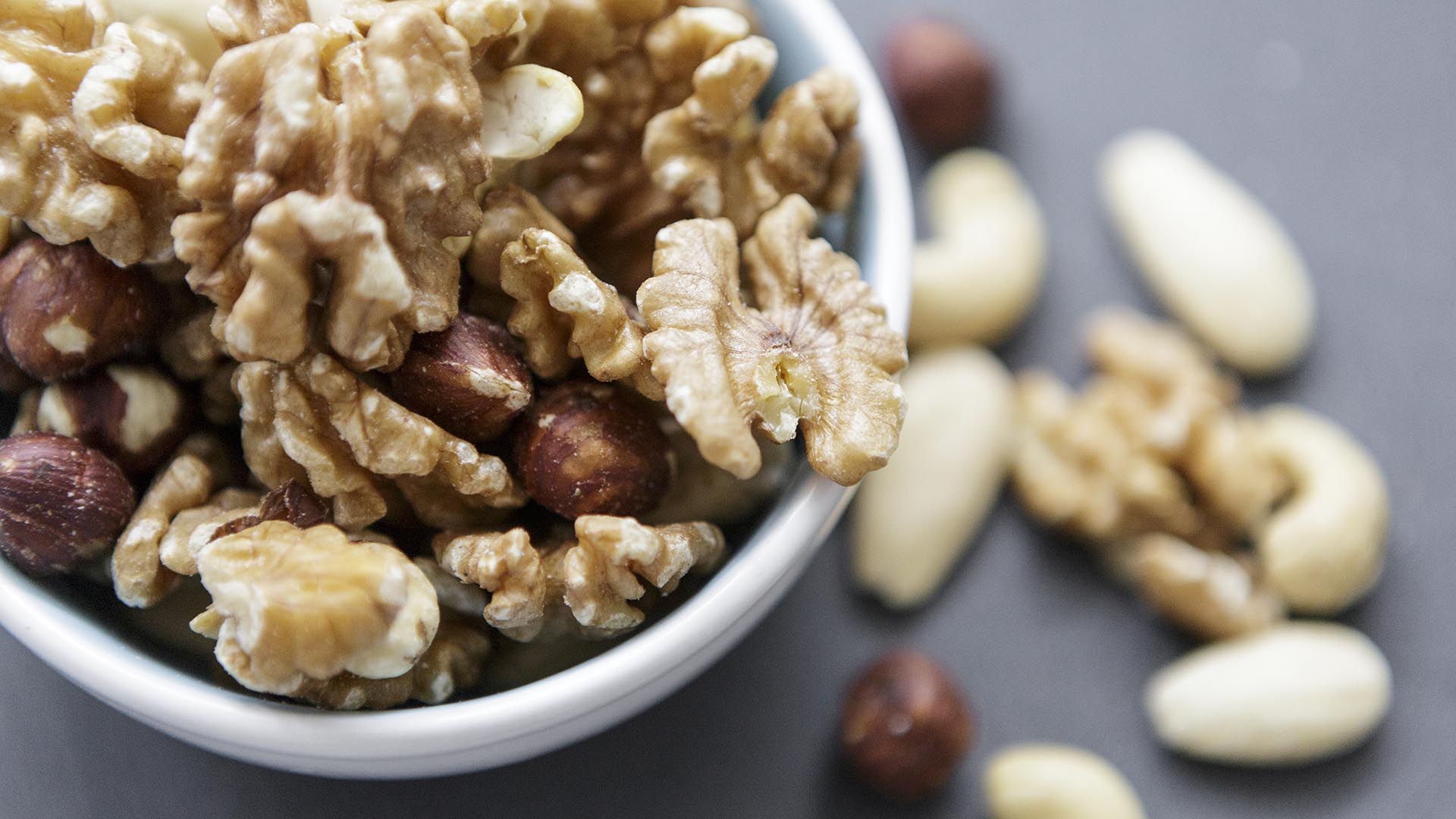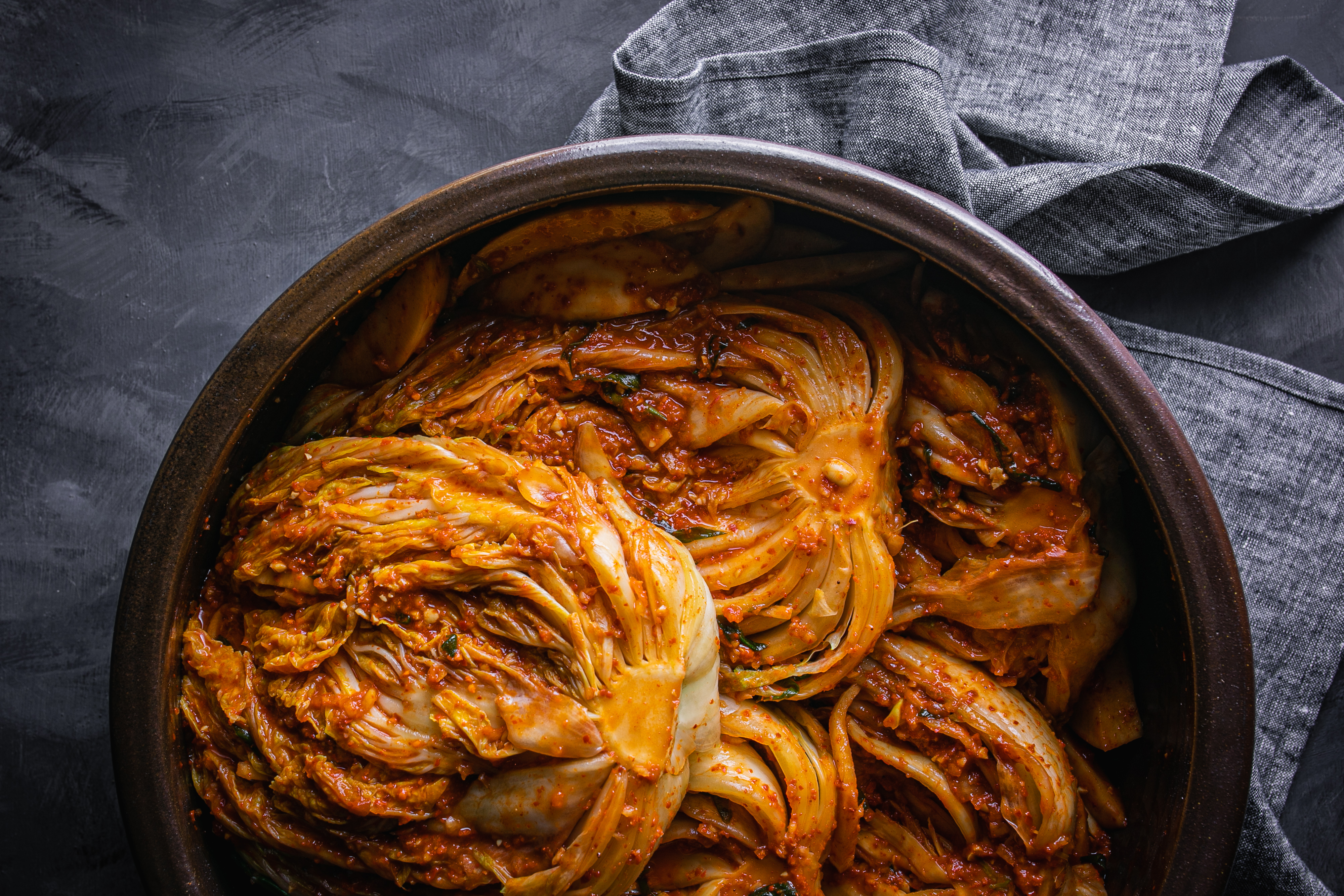
Like the intricate relationship between the gut and the brain, diet and mental health are inextricably linked, and the connection between them goes both ways : the lack of good dietary choices leads to an increase in mental health problems, and Mental health problems in turn lead to bad eating habits.
When a person is in the most diseased mood, cognitive control over eating fails and eating something greasy is the easiest and most automatic thing. It is very common to have unhealthy habits, such as the consumption of toxic substances such as tobacco and alcohol, as well as foods rich in ultra-processed sugars, refined flours and saturated fats. These foods, although very tasty, are very poor in nutrition. Healthy nutrition is key to living a healthy lifestyle and protecting mental health.
In addition, to take care of yourself, you must not only take into account the diet, but also accompany it with frequent physical activity and appropriate rest time, at least 7 hours a day. On the other hand, it has been seen that contact with nature also helps to have a healthy mind. It is recommended to try to go for a walk in the forest, mountain or sea at least once or twice a week. Closeness to these natural environments improves overall and mental health and helps keep stress at bay.
“When people learn that I am a psychiatrist, brain health researcher, and nutritionist, they often ask me how they should eat to maximize the amazing power of the brain. Based on my work with hundreds of patients, below are the best brain-boosting foods that people don't eat enough. Incorporating them into the diet can improve mood, sharpen memory and help the brain function at maximum efficiency,” Dr. Uma Naidoo, a nutritional psychiatrist, brain expert and faculty member at Harvard Medical School, said in a dialogue with CNBC.

The 6 best foods for the brain, according to a Harvard nutritionist
1. Especias
In addition to adding flavor, spices are known for their antioxidant properties. In other words, they help the brain fight harmful free radicals, and thus prevent oxidative stress, which can damage tissues.
“One of my favorite spices is turmeric, which stands out when it comes to reducing anxiety. Curcumin, the active ingredient in turmeric, can decrease anxiety and change the corresponding brain chemistry, protecting the hippocampus. I also love saffron,” continued Naidoo, who is also director of nutritional and lifestyle psychiatry at Massachusetts General Hospital and author of This Is Your Brain in Food: An Indispensable Guide to Surprising Foods that Combat Depression, Anxiety, PTSD, OCD, ADHD and more.
In 2013, a meta-analysis of five previously published randomized controlled trials looked at the effects of saffron supplementation on symptoms of depression among participants with major depressive disorder. In all these trials, the researchers found that consuming saffron significantly reduced symptoms of depression compared to placebo controls.
2. Alimentos fermentados
Fermented foods are made by combining milk, vegetables, or other raw ingredients with microorganisms such as yeast and bacteria. Examples include plain yogurt with active cultures, sauerkraut, kimchi, and kombucha. These are all sources of live bacteria that can improve healthy bowel function and decrease anxiety.
According to the specialist, in the brain, fermented foods can provide several advantages. A review of 45 studies conducted in 2016 indicated that fermented foods could protect the brains of animals, improving memory and slowing cognitive decline.
“Yogurt rich in probiotics can be a powerful part of your diet, but keep in mind that yogurt that undergoes heat treatment doesn't have the same benefits. An example of this is yogurt-covered raisins: these are not going to help with your anxiety, since heat-treated yogurt does not have beneficial bacteria,” he warned.

3. Chocolate negro
Dark chocolate is an excellent source of iron, which helps form the shell that protects neurons and helps control the synthesis of chemicals and chemical pathways involved in mood.
In 2019, a cross-sectional survey of more than 13,000 adults found that people who regularly eat dark chocolate were 70% less at risk of symptoms of depression.
“Dark chocolate also has a lot of antioxidants, as long as you limit yourself to consuming it bitter and make sure it doesn't have too much sugar,” said Naidoo.
4. Palta
Avocados have relatively high amounts of magnesium, which is important for the proper functioning of the brain. The first report of magnesium treatment for agitated depression was published in 1921 and proved successful in 220 out of 250 cases.
Since then, countless studies have suggested that depression is linked to magnesium deficiency. Several case studies, in which patients were treated with 125 to 300 milligrams of magnesium, have shown a rapid recovery from major depression, often in less than a week.
“I love mixing avocado, chickpeas and olive oil as a tasty spread on toast of whole wheat rye bread, or as a dressing for freshly cut vegetables,” the specialist stressed.

5. Nueces
Nuts have healthy fats and oils that our brain needs to function well, along with essential vitamins and minerals, for example, selenium in Brazil nuts.
The anti-inflammatory and antioxidant effects of omega-3 fatty acids in walnuts are very promising for improving thinking and memory.
“I recommend eating 1/4 cup a day (no more, it's easy to overdo it with nuts!) as a snack or added to your salad or vegetable side dish. Nuts can even be combined in a homemade granola or a mixture of nuts that contains much less sugar and salt than store-bought versions,” he explained.
6. Green leafy vegetables
“When I say that leafy greens like kale make a difference in health, my patients reject the idea. But leafy greens contain vitamin E, carotenoids and flavonoids, which are nutrients that protect against dementia and cognitive decline,” Naidoo acknowledged.
He concluded: “Another benefit is that they are an incredible source of folate, a natural form of vitamin B9 that is important in the formation of red blood cells. When folate deficiency may be the basis of some neurological conditions, improving folate status has beneficial effects on our cognitive state and is a necessary cofactor in the production of neurotransmitters. Vegetables such as spinach, chard and dandelion leaves are also an excellent source of folic acid!”

“We have found that there is growing evidence of a link between poor diet and worsening mood disorders, including anxiety and depression. However, many common evidence about the health effects of certain foods is not supported by solid evidence.”
It is the affirmation of Dr. Suzanne Dickson, from the University of Gothenburg, in Sweden, and lead author of the most up-to-date description in the new field of Nutritional Psychiatry. The results of the study led by Dickson were recently published in the journal European Neuropsychopharmacology under the title Nutritional psychiatry: Towards improving mental health by what you eat. This new review, conducted by several experts in the discipline, confirms that diet significantly influences mental health and well-being, however it warns that the evidence for many diets is relatively weak.
On the one hand, the researchers found that there are some areas where this link between diet and mental health is firmly established, such as the ability of a high-fat, low-carb diet - a ketogenic diet - to help children with diseases such as epilepsy or to offset the effect of vitamin B12 deficiency in disorders of fatigue, poor memory or depression. They also found strong evidence of the benefits that a Mediterranean diet rich in vegetables and olive oil can have on mental health, such as providing some protection against depression and anxiety.
However, researchers warn that for many foods or supplements, the evidence is inconclusive, such as with the use of vitamin D supplements, or with foods thought to be associated with ADHD or autism. Dickson respectfully affirms that “with individual conditions, we often find very varied evidence”. “With ADHD, for example, we can see that an increase in the amount of refined sugar in the diet that seems to increase hyperactivity, while eating more fresh fruits and vegetables seems to protect against these symptoms. But there are relatively few studies, and many of them don't last long enough to show long-term effects,” he adds.
“Our study confirms that while certain foods may be associated with a mental health condition, this tells us little about why food causes this effect,” continues the researcher, arguing that there is a general belief that dietary advice for mental health is based on solid scientific evidence, but in fact, it is very difficult to demonstrate that specific diets or specific dietary components contribute to mental health and emphasizes that “the need to link mental health effects with demonstrable dietary causes should be the main focus of future research in nutritional psychiatry”.
KEEP READING:
Últimas Noticias
Debanhi Escobar: they secured the motel where she was found lifeless in a cistern

The oldest person in the world died at the age of 119

Macabre find in CDMX: they left a body bagged and tied in a taxi
The eagles of America will face Manchester City in a duel of legends. Here are the details

Why is it good to bring dogs out to know the world when they are puppies




